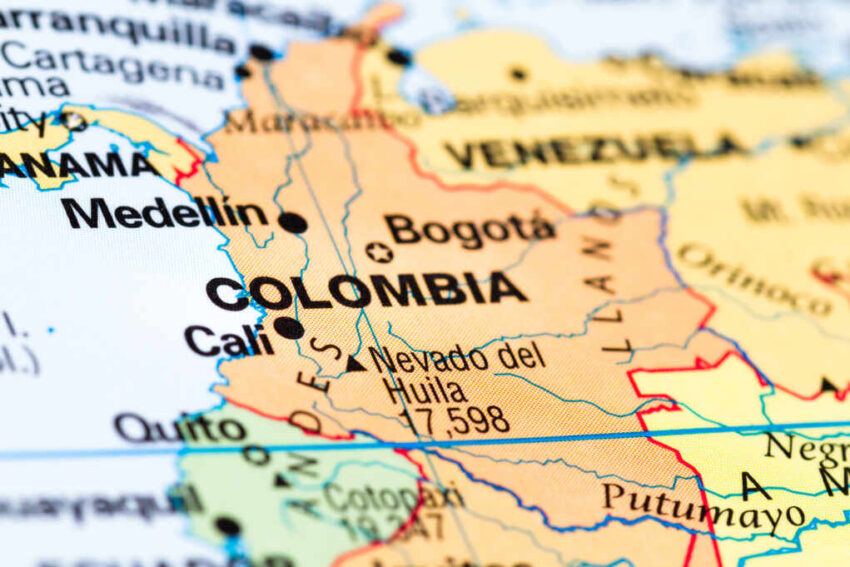U.S. officials have recalled their top diplomat in Colombia amid a diplomatic showdown following warnings of a coup plot involving the Colombian president and alleged U.S. involvement.
At a Glance
- The U.S. recalled its chargé d’affaires in Bogotá after “baseless and reprehensible statements” by Colombian leaders.
- Colombia responded by recalling its ambassador to Washington.
- The dispute centers on claims of a coup attempt against President Petro tied to U.S. lawmakers.
- Tensions build over reforms to Colombia’s antidrug strategy and an extradition halt.
- Both countries stress the relationship remains vital despite widening rifts.
Diplomatic Recall Sparks Crisis
On July 3, the U.S. State Department summoned its chargé d’affaires, John McNamara, for “urgent consultations,” labeling recent statements from Colombian officials as “baseless and reprehensible”. Hours later, President Gustavo Petro ordered the recall of Colombia’s ambassador to Washington, Daniel García Peña, saying the move was needed “to review progress on shared priorities.”
Watch a report: Colombia, U.S. recall top diplomats in fresh tensions.
U.S. Secretary of State Marco Rubio affirmed that while the relationship remains strong, “other measures” could follow if provocations continue. The dual withdrawals are a flashpoint in increasingly frayed ties between the long-time allies.
Coup Claims and Policy Showdown
The standoff traces back to leaked audio suggesting former Foreign Minister Álvaro Leyva attempted to solicit support from Florida Republicans for a push to unseat Petro. The president responded by accusing domestic and foreign actors of orchestrating a coup attempt and urged Washington to investigate.
The timing amplifies broader tensions. Petro has aggressively restructured Colombia’s approach to narcotics, paused extraditions of ex-rebels, and blocked U.S. deportation flights—moves that earlier prompted the Trump campaign to threaten tariffs.
Strategic Rivalry in the Making
Despite reassurances, analysts warn the rupture could destabilize regional cooperation. Colombia remains a key partner in counter-drug operations and migration enforcement. But Petro’s pivot toward leftist regional alliances has alarmed policymakers in Washington, where concerns about narco-trafficking and democratic backsliding are mounting.
The diplomatic fallout also arrives just weeks before a key U.S. certification review on Colombia’s drug policy compliance—an assessment that could determine whether future aid and security cooperation remain intact.
With ambassadors pulled and rhetoric hardening, Washington and Bogotá now stand at a dangerous inflection point—one where politics, security, and sovereignty collide.
Click this link for the original source of this article.
Author: Editor
This content is courtesy of, and owned and copyrighted by, https://deepstatetribunal.com and its author. This content is made available by use of the public RSS feed offered by the host site and is used for educational purposes only. If you are the author or represent the host site and would like this content removed now and in the future, please contact USSANews.com using the email address in the Contact page found in the website menu.








